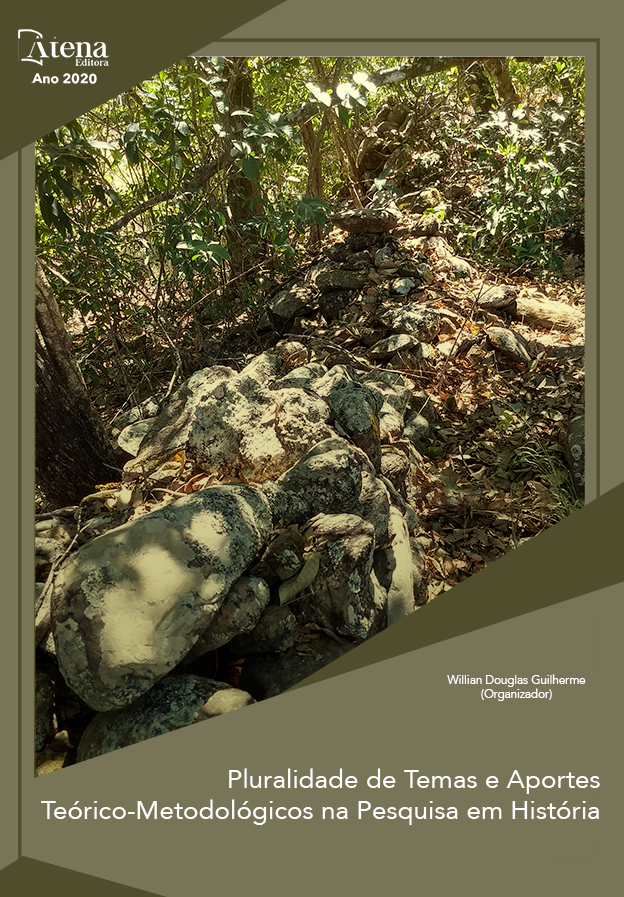
DISCURSOS LITERÁRIOS E CINEMATOGRÁFICOS SOBRE O FEMININO: IDENTIDADE, FEMINISMO E REPRESENTAÇÃO EM " AS HORAS" (2002)
Este trabalho tem por objetivo inicial entender o cinema não só como representação artística, mas como canal para exteriorização de mazelas sociais, expressões culturais, instrumento pedagógico e político, utilizado para a construção, rupturas e/ou manutenção de práticas sociais. Sendo assim compreendemos que o cinema é local de disputa política e ideológica e através da Teoria Feminista do Cinema buscaremos entender a luta por espaço de representação e a importância do discurso feminista cinematográfico para a história das mulheres. Nesse sentido analisaremos o filme “As Horas”, dirigido por Stephen Daldry, que é uma adaptação do livro homônimo de Michael Cunningham. Através da intertextualidade com a obra Mrs. Dalloway de Virginia Woolf, o livro e o filme criam as linhas gerais para se falar da insatisfação feminina ocasionada pelo contexto social repressor, exteriorizado nos quadros clínicos de depressão nas décadas de 1920, 1950 e 2000. Através da análise da linguagem cinematográfica em diálogo com a obra literária vislumbramos aqui identificar a contribuição do filme supracitado para o entendimento do lugar feminino no cinema como ação de resistência e denúncia às opressões das convenções sociais sobre a mulher no cotidiano.
DISCURSOS LITERÁRIOS E CINEMATOGRÁFICOS SOBRE O FEMININO: IDENTIDADE, FEMINISMO E REPRESENTAÇÃO EM " AS HORAS" (2002)
-
DOI: 10.22533/at.ed.92720210920
-
Palavras-chave: Gênero; Cinema, Linguagem e História.
-
Keywords: Genre, Cinema, Language, Representation and History
-
Abstract:
This study aims to understand cinema not only as an artistic representation, but as a way to express social ills, cultural expressions, pedagogical and political subjects, used for the construction, ruptures and/or maintenance of social practices. This way we understand that cinema is a field full of political and ideological disputes. Through the Feminist Theory of cinema we will seek to understand the struggle for space of representation and the meaning of the Feminist Cinematographic speach for the women history. Thinking this way, we will analyse the movie "As Horas" ("The Hours" - translated to English), directed by Stephen Daldry, that is Michael's Cunning book adaptation, named "As Horas" as well. Through the intertextuality with the work os Mrs.Dalloway by Virginia Woolf, the movie and the book create a general discussion that reflect the famine dissatisfaction made by the oppression of the social context, revealed by the clinical cases of depression in the decades of 1920 and 1950. From the analysis of the Cinematographic language in dialogue with the literary work, we glimpse here to identify the contribution of the movie above-mentioned to understand the female place in the cinema as resistance action and denoucement to the oppressive social conventions on woman's everyday life.
-
Número de páginas: 20
- Natália Gomes da Silva Machado


